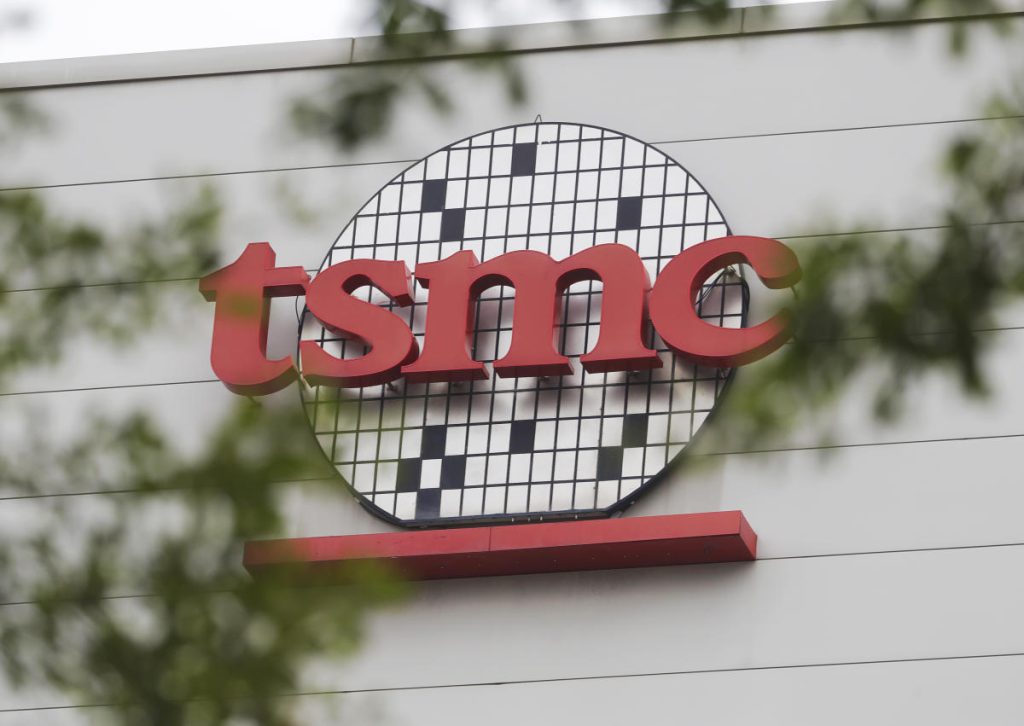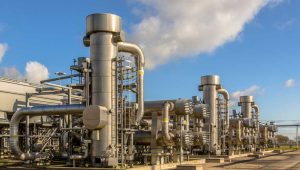
(Bloomberg) — Taiwan Semiconductor Manufacturing Co.’s quarterly sales topped estimates, reinforcing investor hopes that the torrid pace of AI hardware spending will extend into 2025.
Most Read from Bloomberg
The go-to chipmaker for Nvidia Corp. and Apple Inc. reported a 39% rise in October-December revenue to NT$868.5 billion ($26.3 billion), based on calculations off monthly disclosures. That compares with an average estimate of NT$854.7 billion.
The strong showing from Taiwan’s largest company bolsters expectations that big tech companies from Alphabet Inc. to Microsoft Corp. will continue to build and upgrade datacenters at a rapid clip to propel AI development. This month, AI server maker Hon Hai Precision Industry Co. reported better-than-expected sales, while Microsoft outlined plans to spend $80 billion this fiscal year on datacenters.
Growth accelerated for TSMC in December, capping 34% revenue growth for 2024. That compares with TSMC’s official target of a 30% annual rise, though that outlook was expressed in US dollar terms. The world’s largest maker of advanced chips has been one of the biggest beneficiaries of a global race to develop artificial intelligence.
TSMC’s market value nearly doubled in 2024, and it now trades in the US at a valuation close to $1.1 trillion. Yet some investors worry about when the AI boom will peter out. While TSMC’s revenue beat, it was just 1.6% higher than the average projection and fell short of the most bullish analyst expectations.
More bearish market observers point to potential over-building, bottlenecks to development such as power shortages, and the persistent absence of a killer AI app or service that will use up all that server capacity. Investors will want to hear TSMC’s outlook for the wider industry when it gives its full earnings report on Jan. 16.
US-listed shares of TSMC were down 1.3% on Friday, tracking a broader pullback in markets — and folllowing news earlier this week on Nvidia facing new chip-export restrictions by the US government.
Beyond Nvidia and the AI arena, the Taiwanese company must grapple with mounting tech market and geopolitical uncertainties in 2025. TSMC remains reliant on Apple’s business, as the main producer of chips for the iPhone. The US company is struggling to galvanize demand for its marquee product in 2025, though many users hope that the gradual addition of AI features will drive the gadget’s next iteration.

